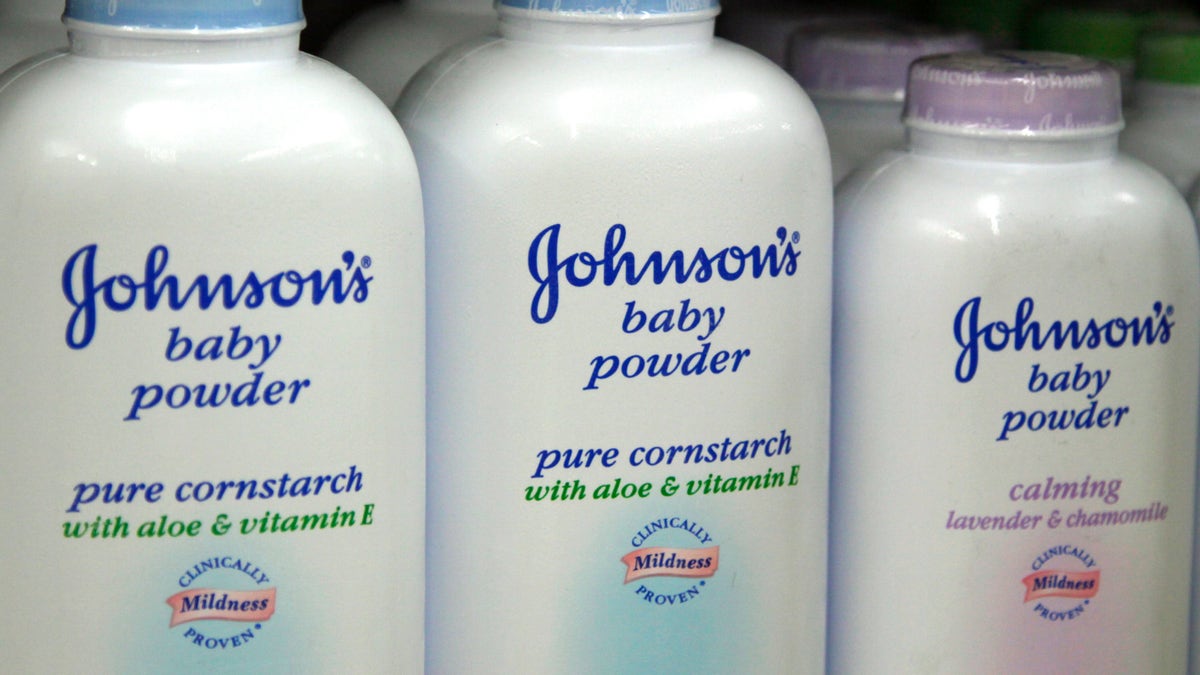
REUTERS/Rick Wilking
NEW YORK – Johnson & Johnson will keep aruging in court that its talc-based powders are safe, an outside lawyer who has defended the company in lawsuits said, even after losing two multimillion-dollar verdicts to plaintiffs who alleged that J&J Baby Powder and Shower to Shower caused ovarian cancer.
Gene Williams blamed those verdicts on confusion created by plaintiffs' lawyers at the trial. The Houston-based lawyer insisted in a recent interview that there "is no proven linkage between talc and ovarian cancer, and the vast majority of scientific and regulatory bodies, who have reviewed the same studies the plaintiffs point to, do not accept the premise."
Two talc lawsuits are scheduled for trial this fall, one in Missouri and one in New Jersey. At least 1,400 cases have been filed over the issue, mostly in Missouri, where state court rules are seen as friendly to plaintiffs.
Three cases on the issue have gone to trial in which plaintiffs pointed to studies dating back three decades, saying they show talc use on the genitals can raise women's ovarian cancer risk between 30 and 60 percent. J&J said subsequent larger, more comprehensive studies found no conclusive link between the product and cancer.
"The science supporting the safety of talc has gotten stronger and stronger," Williams said.
In February, a jury in St. Louis, Missouri, awarded $72 million to a woman who claimed she developed ovarian cancer from using J&J's Baby Powder and Shower to Shower products for feminine hygiene. Another jury, before the same St. Louis judge, returned a $55 million award in a similar case. J&J has said it will appeal both awards.
Valeant Pharmaceuticals acquired Shower to Shower from J&J by in 2012.
An earlier trial in South Dakota ended in 2013 with the jury finding J&J had been negligent but declining to award damages.
Neither side appealed the South Dakota case.
Following the Ristesund verdict, plaintiffs' lawyer Jere Beasely, whose firm Beasley Allen has been one of the most active in filing talc lawsuits, issued a statement calling for J&J to establish a compensation fund to settle the remaining talc cases.
Asked whether J&J would consider settling, company spokeswoman Carol Goodrich said it was preparing for the upcoming trials this fall.
Williams, a partner at Shook, Hardy & Bacon, has represented J&J in all three talc lawsuits that have gone to trial. He mainly defends medical drug and device companies, including Eli Lilly and Co and Bristol Myers Squibb.
